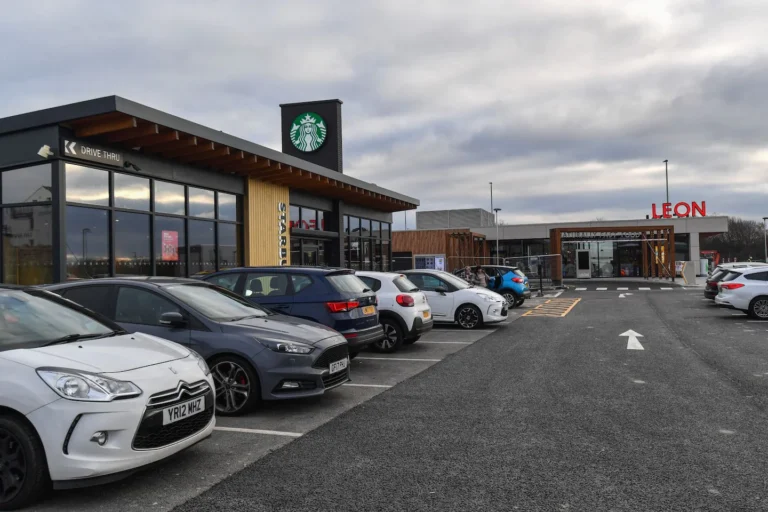[ad_1]

Putting the two groups together makes sense for Couche-Tard, which has a market capitalization of about $47 billion. It has been on the hunt for a big deal, even holding talks last year with French hypermarket operator Carrefour SA. The company is strong in the U.S. and Canada, but EG would bring gasoline stations in the U.K., continental Europe and Australia. Although EG now has a significant footprint in the U.S., any competition issues should be manageable.
A deal would be even better for the Issas and TDR. After a series of acquisitions, EG, which generated sales of $21.5 billion in the year to Dec. 31 2020, had net debt of $9 billion at the end of 2020. Add in another $1.8 billion of lease liabilities, and that’s more than $10 billion of net borrowings.
Although earnings before interest, tax, depreciation and amortization rose to $1.4 billion in 2020 from just over $1 billion in 2019, and the group has property, plant and equipment assets of about $5 billion, net debt was still a punchy 7.5 times Ebitda. Leverage of three times Ebitda is generally the point at which investors become nervous.
EG, which is chaired by British retail veteran Stuart Rose, has little immediate refinancing risk, but an exit would head off pressure from a higher interest-rate environment. The European consumer backdrop is also darkening amid the cost-of-living crisis in Britain and the war in Ukraine, which could dent confidence in continental Europe and deter visitors to the region.
Meanwhile, high oil prices are boosting the coffers of gas station operators. That could make it a good time to sell or enter into a combination that allows the Issa brothers and TDR to realize some value from their holding.
Offloading EG would also provide more firepower to invest in Asda, and defend its market share if the food retail sector becomes more competitive. They funded the purchase of Asda, which isn’t part of EG Group, with about 4 billion pounds ($5 billion) of debt.
Asda competes directly in the no-frills supermarket sector. With more focused management and financial resources, it would be able to respond more nimbly if Britain’s biggest grocer, Tesco Plc, decided to launch a price war and lure customers with cheaper offerings. And it could better contend with the German discounters Aldi and Lidl, which shoppers are returning to as food prices rise.
Asda is also exploring a bid for Boots, which has been put up for sale by Walgreens Boots Alliance Inc. With a price tag of about 5 billion pounds, the high-street pharmacy chain would be a sizable purchase, likely needing even more debt funding. It would also require significant investment in its stores.
Selling EG wouldn’t stop Asda from expanding into smaller convenience stores in EG’s gas stations, or from putting more of EG’s food concessions, such as Leon cafes or KFC and Starbucks franchises, into its existing grocery stores.
When the Issa brothers and TDR agreed to buy the bulk of Asda in October 2020, it wasn’t clear whether they would be the cleverest men in retail, or face a financial and operational headache.
A deal to realize value from EG isn’t a certainty, but were it to happen, a successful Asda outcome would become much more likely.
More From Bloomberg Opinion:
• Adler Is Another Fine Mess for German Capital Markets: Chris Bryant
• A Big Win for Italy as Its Old Boys Club Goes Down to Defeat: Rachel Sanderson
• You Don’t Need a New Job to Get a Big Raise: Alexis Leondis
This column does not necessarily reflect the opinion of the editorial board or Bloomberg LP and its owners.
Andrea Felsted is a Bloomberg Opinion columnist covering the consumer and retail industries. She previously worked at the Financial Times.
More stories like this are available on bloomberg.com/opinion
[ad_2]
Source link

